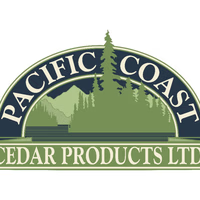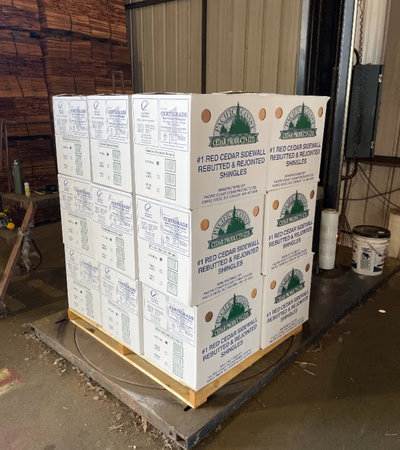
Canada`s economy is one of the most developed in the world, marked by its strong service sector, abundant natural resources, and advanced manufacturing industry. It operates within a highly structured system of trade, finance, and commerce, with significant integration into global markets, especially through its membership in major trade organizations such as the World Trade Organization (WTO) and its strong ties with countries through agreements like the United States-Mexico-Canada Agreement (USMCA). Canada’s open-market policies, regulatory framework, and stable financial system contribute to its competitive position in international trade.
Trade between Canada and countries in the Middle East and West Asia has been growing over the past decade, though it remains smaller compared to Canada’s trade with the U.S., Europe, and Asia-Pacific regions. The Middle East, with its abundant energy resources, has attracted Canadian investments, especially in sectors like oil and gas, infrastructure, and engineering. Canada, in turn, exports goods such as machinery, aircraft, and agricultural products to Middle Eastern markets. Additionally, Canada imports significant amounts of oil, chemicals, and various manufactured goods from these regions.
Canada`s relationship with the Middle East and West Asia has also seen diversification in terms of investment and technology exchange. For instance, Canadian firms are increasingly involved in sectors like renewable energy, clean technology, healthcare, and education within countries like the UAE, Saudi Arabia, and Qatar. Similarly, these countries have invested in Canada’s infrastructure, financial markets, and even the real estate sector, demonstrating an emerging reciprocal relationship. Moreover, Canada’s educational and technological expertise has resulted in growing partnerships between universities and companies in research and development.
In terms of exports, Canada’s main trade items with the Middle East include agricultural products such as grains, particularly wheat and pulses, machinery, and transportation equipment. On the other hand, its imports from the region mainly consist of petroleum products, chemicals, and textiles. This dynamic is driven by Canada’s need for energy security and the Middle East’s desire for food security, industrial goods, and technological advancements.
Although the political situation in the Middle East can sometimes present challenges, Canada`s diplomatic and commercial policies are based on maintaining stable and long-term trade relationships. The free trade and investment agreements that Canada seeks or holds with various countries in the region are intended to strengthen these ties, while ensuring that both sides benefit from the exchange of goods and services, as well as the inflow of capital for large-scale projects.
-

 Canada
Noble Opium, Official Pickles
Canada
Noble Opium, Official Pickles
Guaranteed Noble OpiumDetails
-
 Danny Modhgill 3 months ago
Danny Modhgill 3 months ago Canada
Western Red Cedar
Canada
Western Red Cedar
Pacific Coast Cedar Products produces North America`s finest Western Red Cedar Shakes and Shingles. A premium product with unique characteristics to e...Details
In 2025, Canada"s economic landscape presents intriguing trends for entrepreneurs looking to engage with West Asian markets. Canadian GDP reached approximately USD 2. 14 trillion in 2023, a slight contraction from 2022, yet still significantly higher than the global average GDP of USD 883. 7 billion. This positions Canada as a robust player in global trade, particularly in the context of West Asia. Canada"s current account balance highlights a notable variance from the global trend. With a decreasing balance from 1. 3% of GDP in 2021 to -0.
7% in 2023, Canada contrasts sharply with the global average that also experienced a decline but remained more stable, dropping from 1. 9% to -1. 2%. This trajectory signals potential macroeconomic risks, but also opportunities for Canadian businesses to recalibrate their export strategies, especially in growing markets like West Asia. The inflation rate in Canada stood at 3. 9% in 2023, significantly lower than the global average inflation of 8. 6%, suggesting relative price stability. This controlled inflation rate could be advantageous for Canadian exporters and investors targeting West Asia, where economic environments might be more volatile.
Canada"s merchandise export value index dropped to 95. 0 in 2023, below the global average of 102. 3. This decrease is partly due to global supply chain constraints and fluctuating demand. However, it opens opportunities for Canadian businesses to explore new trade routes and innovative marketing strategies in West Asia, where demand for diverse goods is increasing. Aritral. com, an AI-driven B2B platform, can be pivotal for Canadian companies aiming to enhance their market presence in West Asia. By providing tools like AI-Powered Marketing and Global Sales Assistance, Aritral.
com offers a comprehensive solution to navigate the complexities of international trade. Establishing a business profile on Aritral. com can facilitate better visibility and direct communication with potential partners in the region. In conclusion, while Canada faces some economic challenges, the potential for growth in West Asian markets remains significant. Entrepreneurs should evaluate these dynamics and leverage platforms like Aritral. com to optimize their trade and investment strategies. "



